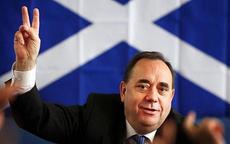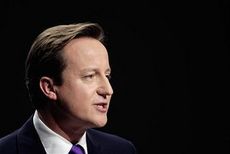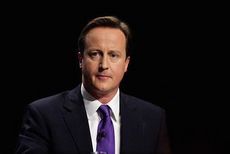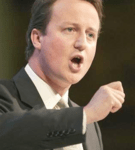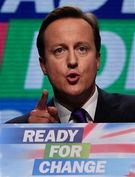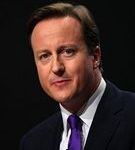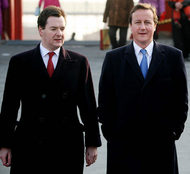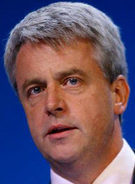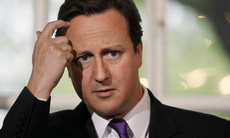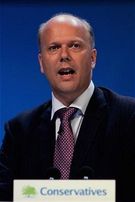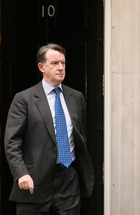The Tories prime their shake-up of the civil service
One of the quickest wins that the next government could achieve is to change the power and accountability arrangements of Whitehall. At the moment, there’s a convoluted system in place where its difficult to apportion blame when a government department screws up. Sure, a minister may take the media flak if, say, a department loses a data disk. But the people in charge of the day-to-day running of a department tend to escape any substantive judgement on their performance. As James Kirkup points out in the Telegraph today, “no permanent secretary has been formally dismissed for more than 70 years.” That’s hardly a set-up to incite much more than complacency






